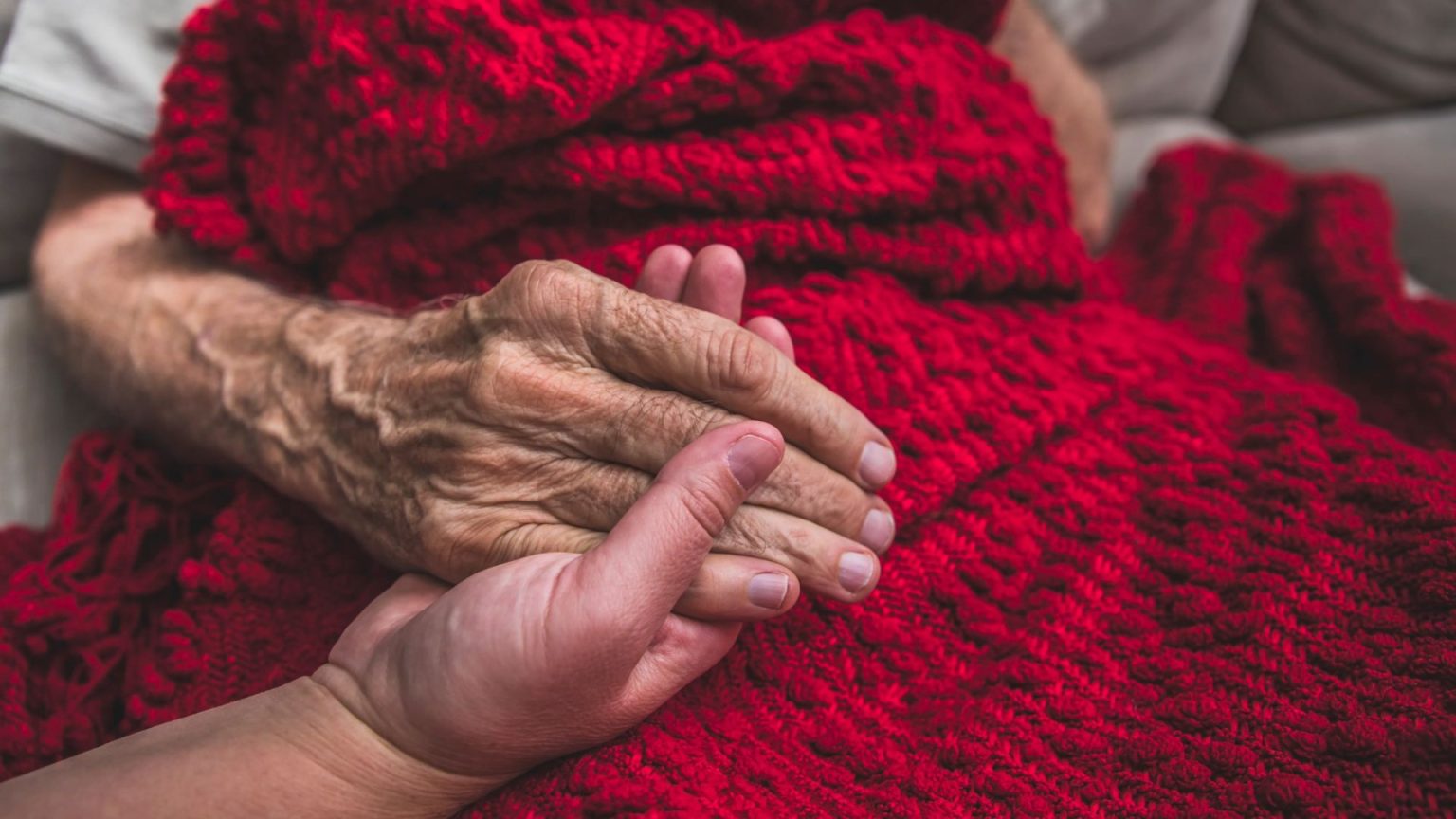Kit Malthouse, a former minister, made a passionate plea for his colleagues to support the assisted dying Bill ahead of an important vote in the Commons. He shared his experiences of spending time with dying individuals who are in tremendous pain and suffering. Malthouse highlighted that many people, unable to access a compassionate and regulated way to end their lives peacefully, resort to violent means of suicide. He emphasized the need for regulation and supervision to ensure the safety of those facing agony at the end of their lives.
During a discussion on Never Mind The Ballots, Malthouse clashed with fellow Tory MP Danny Kruger, who expressed opposition to the assisted dying bill. Kruger raised concerns about the lack of strong safeguards in the Bill and emphasized that the state should not decide which individuals are “better off dead”. He also expressed worries about the potential for the NHS to encourage early deaths to prevent bed blocking. The debate between Malthouse and Kruger sheds light on the complex ethical and practical considerations surrounding assisted dying legislation.
Over 160 MPs have requested to speak in the upcoming Commons debate on the assisted dying Bill, signaling the significance and contentious nature of the issue. The outcome of the vote will determine whether the Bill progresses to the next stage in parliament and potentially becomes law. A survey of MPs conducted by The Times found that over half of them plan to vote in favor of the Bill, while 217 are against it. The high level of interest and diverse views among MPs reflect the complexity of the assisted dying debate.
A poll by think tank More In Common revealed that two thirds of voters support the concept of assisted dying, with those who have lost a parent more likely to be sympathetic. However, a significant portion of adults expressed concerns about the NHS’s ability to provide the necessary services for assisted dying. This highlights the importance of not only legalizing assisted dying but also ensuring the availability of proper medical care and support for individuals at the end of their lives.
Prime Minister Boris Johnson, who has previously expressed support for assisted dying, is expected to participate in the vote on the Bill. Cabinet members such as Health Secretary Wes Streeting, Justice Secretary Shabana Mahmood, and Deputy PM Angela Rayner are among those opposed to the Bill, while others like Technology Secretary Peter Kyle, Home Secretary Yvette Cooper, and Culture Secretary Lisa Nandy support it. The differing positions within the government further illustrate the complexity and divisiveness of the assisted dying debate in the UK.
The assisted dying Bill represents a significant moment in the UK’s ongoing debate on end-of-life care and individual autonomy. The arguments put forth by proponents and opponents of the Bill highlight the ethical, practical, and societal considerations at play. As MPs prepare to debate and vote on this important legislation, the outcome will have far-reaching implications for the rights and choices of individuals facing terminal illnesses and unbearable pain. The need for a compassionate and regulated approach to assisted dying is underscored by the personal stories and moral dilemmas shared by those on both sides of the debate.











